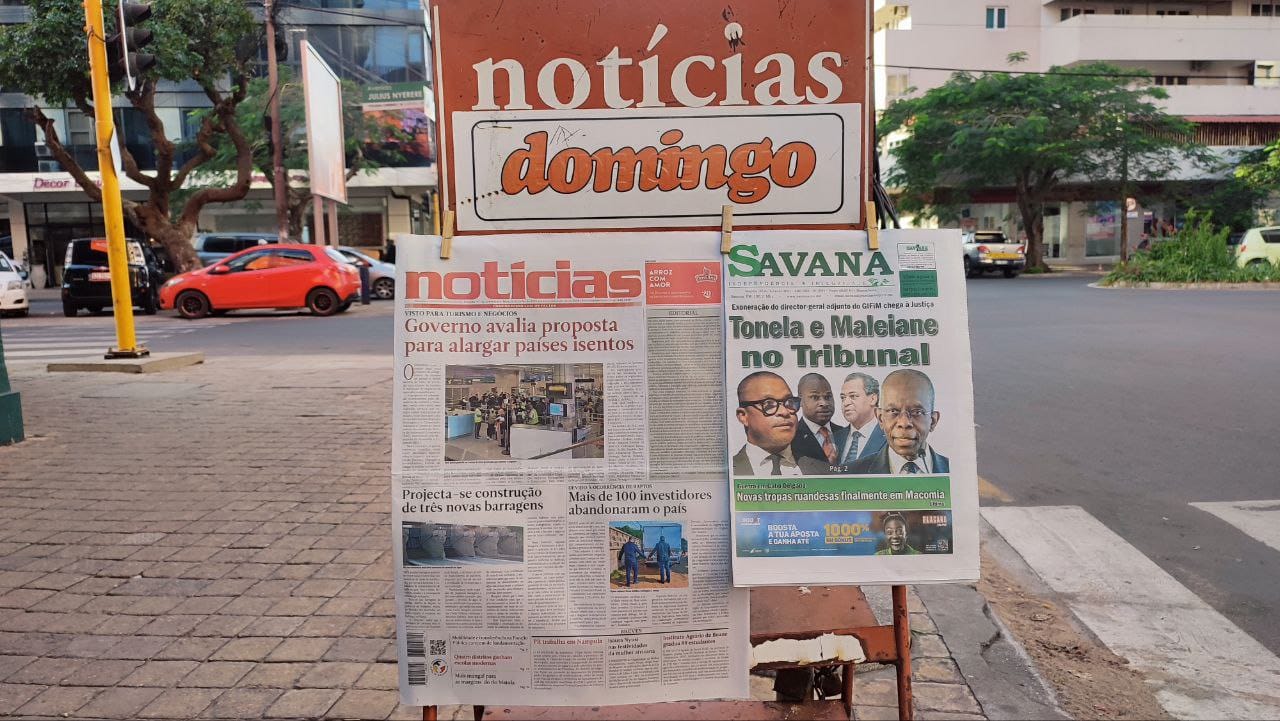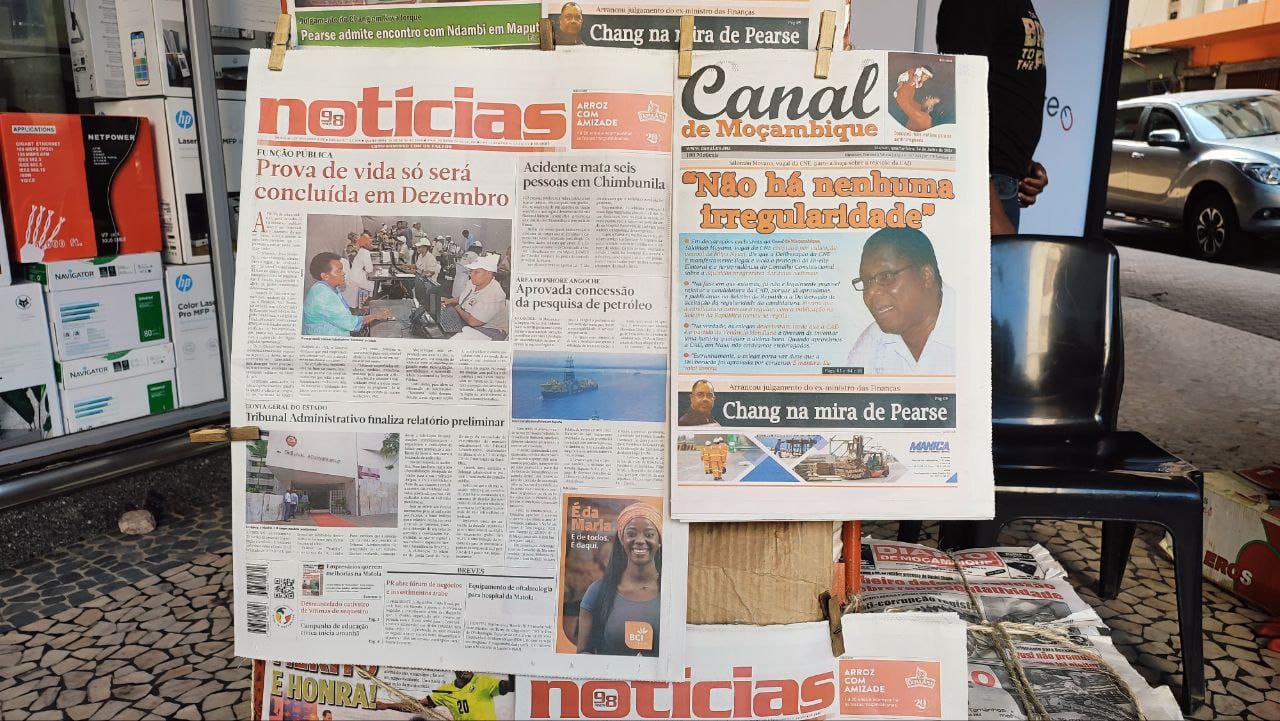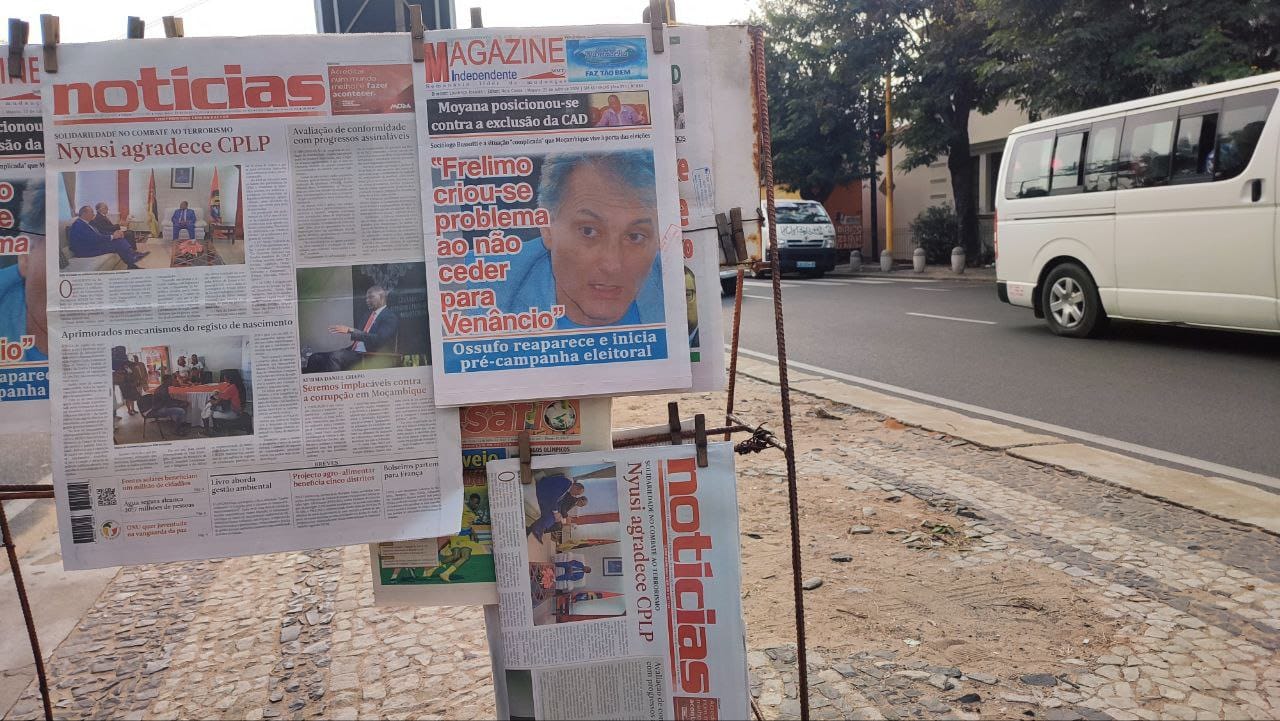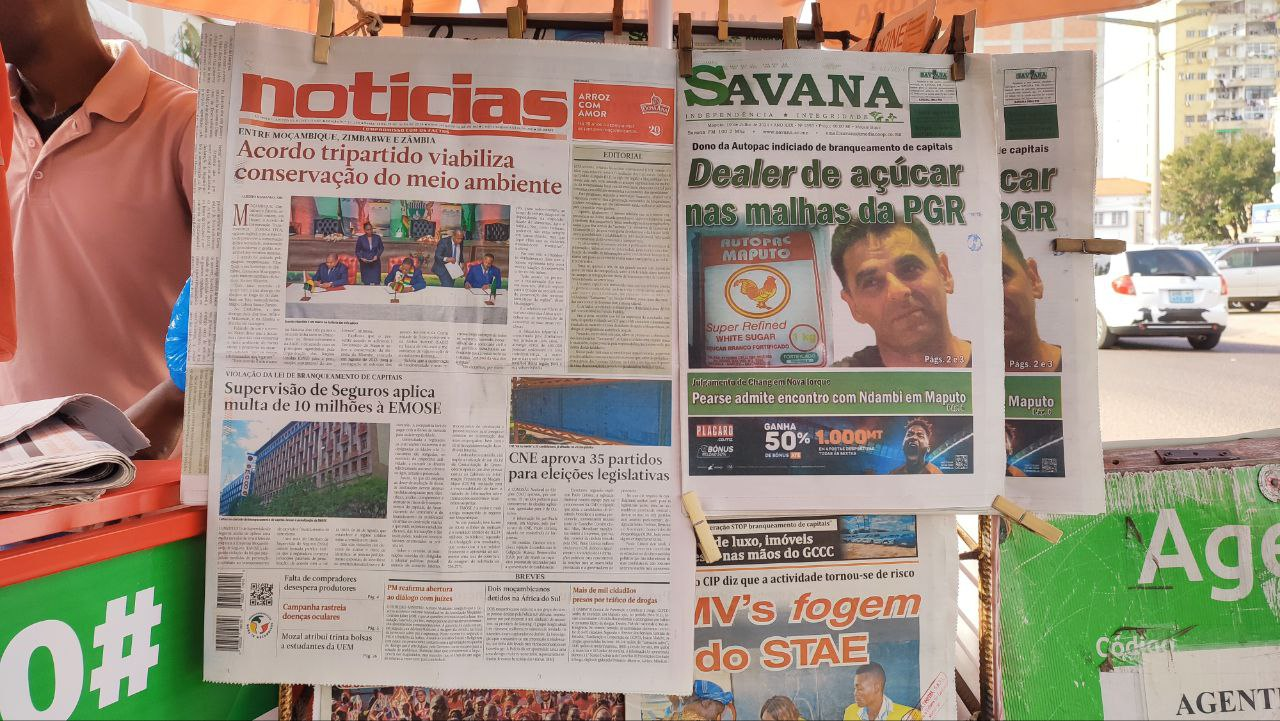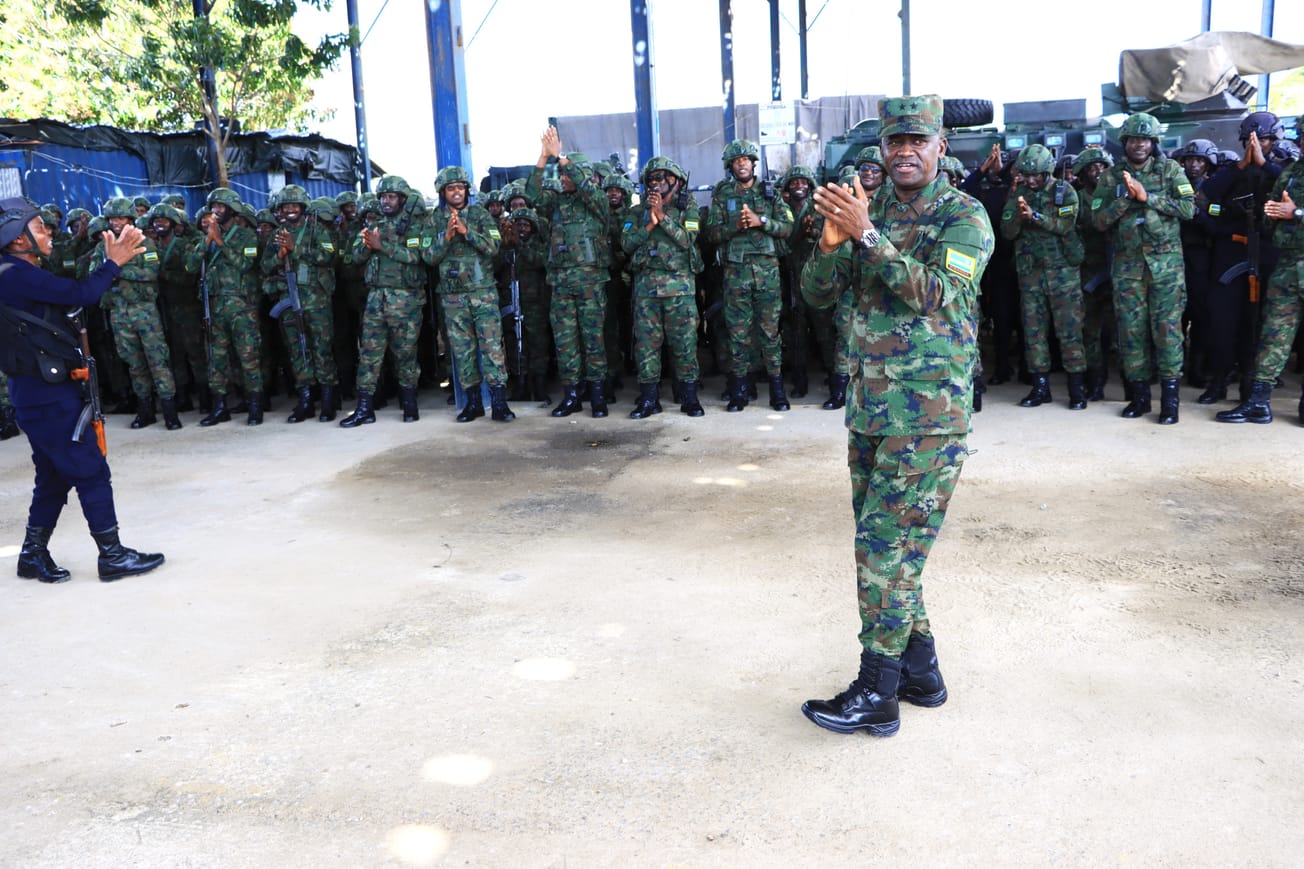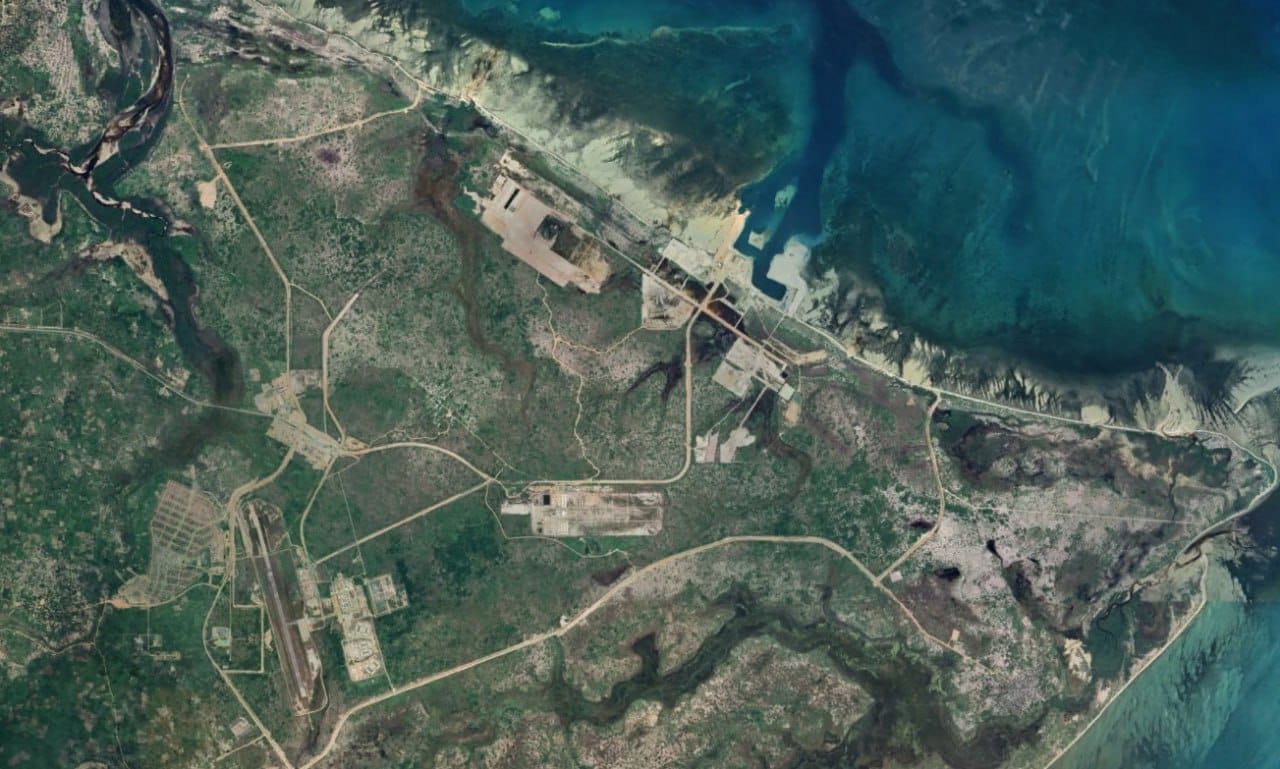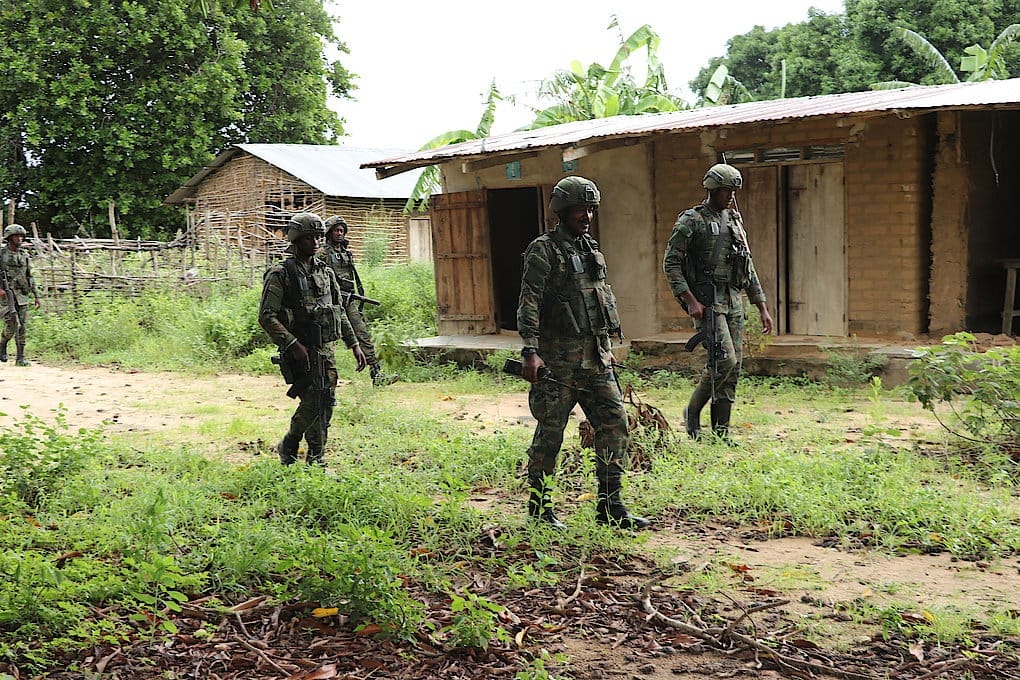Good morning.
This week brought a significant advance in the US case on the 'hidden debts', followed by a serious setback. On Monday, Detelina Subeva, one of the former Credit Suisse bankers who helped arrange financing for ProIndicus and EMATUM, told a court in New York that she had received part of a $1 million bribe paid by ship-building company Privinvest to her then-boss, Andrew Pearse. Pearse is currently fighting extradition from the UK to the US.
The following day brought the bombshell that another indictee in the case, former Mozambican finance minister Manuel Chang, would not be extradited to the US. South Africa's justice minister said the interests of justice would best be served if he was to stand trial in his home country - despite the strong possibility that Chang will in fact face no legal process in Mozambique. As a sitting member of parliament, he probably still enjoys parliamentary immunity, despite a resolution from parliament's standing committee to lift that immunity. That resolution seems to have been enough to persuade -- or give cover to -- the South African government, but legal experts do not consider it worth the paper it is written on.
There is little chance that the US can appeal the extradition decision, either, as a South African legal expert told Zitamar this week -- though some still hold out hope that Cyril Ramaphosa will make an 11th-hour intervention after he is sworn in for a new term as President later today.
SEE: ‘Die is cast’ for Manuel Chang extradition to Mozambique
In the midst of these developments, Zitamar News uncovered an interesting footnote to the story. The former lead prosecutor for the US case was hired this year by ExxonMobil -- who now have a man on their team who knows more than most about the dirty secrets of Mozambican corruption. Intel that any foreign investor here would surely pay dearly for.
SEE: Exxon snaps up lead US investigator on Mozambique hidden debts case
Up in Cabo Delgado, meanwhile, journalists Amade Abubacar and Germano Adriano had a day in court for a preparatory hearing -- which had to be adjourned as the state had failed to bring forward their expected witnesses. The public prosecutor has now been given another month to drum up some kind of evidence that the two men have been in league with insurgents in the province.
The government is putting pressure on the courts to make find someone guilty in Cabo Delgado, however. President Nyusi has chided prosecutors for failing to get convictions for hundreds of people rounded up by the police on charges of being insurgents and Presidential propagandist Egidio Vaz called Amade a traitor who was "doing the work of the enemy," in a Facebook post.
Amade was accused of being behind an insurgent-supporting Facebook account - but he was in fact the journalist that exposed the existence of that account, as Carta de Mocambique points out. The behaviour of the police ties in with previous reports that anyone who denounces insurgent action in Cabo Delgado runs the risk of then being arrested and accused of involvement with the insurgency, an obviously counterproductive strategy.
Abubacar and Adriano should have the charges against them dropped immediately.
They say justice delayed is justice denied, but at least part of the community of Marara in Tete is relieved to have finally been resettled, having endured seven years of living next door to Jindal's coal mine. It seems incredible that the company has got away with violating Mozambican law for so long -- but then, in Mozambique, the law is applied selectively, where it is applied at all.
SEE: Mozambique coal miner resettles families after seven-year community dispute
Have a great weekend.

